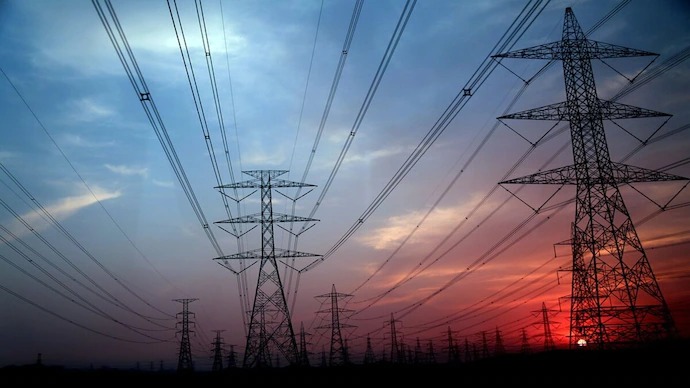Shares of the Indian Energy Exchange (IEX) fell 2% to Rs 146.80 on the BSE after the company announced its board had approved a share buyback proposal, while markets firmed. The S&P BSE Sensex rose 0.32% to 62,496 at 11:07 am. The buyback price will not exceed Rs 200 per share or Rs 98 crore in the open market.
Shareholders will make buybacks of the company other than the promoters, groups of promoters and corporate controllers. Calculated according to the largest repurchase scale and the highest repurchase price, the number of shares repurchased this time is 4.9 million shares, accounting for 0.55% of the company’s total share capital.
Last week, IEX rose 9% ahead of a board meeting scheduled to launch a share buyback program. In comparison, the S&P BSE Sensex gained 1% during the period. The stock touched a 52-week low of Rs 133.95 on October 25, 2022.
ICICI Securities said it viewed this as a positive development and that buybacks are one of the ways to use the remaining cash on the company’s books amid limited capital expenditures.
As at the end of H1FY23, IEX had a cash surplus of more than Rs 868 crore, subject to buy-back clauses up to approximately Rs 98 crore (i.e., 25% of total shareholders’ net assets). The buyback price is Rs 200 per share, equivalent to 14.95% of the company’s share capital. The brokerage said the move would benefit shareholders.
Meanwhile, IEX said in a separate regulatory filing that its board of directors approved, in principle at its meeting on November 25, 2022, the establishment of a wholly-owned subsidiary in India to explore business opportunities in the carbon market.
The carbon market is a trading system for buying and selling carbon credits. When the Kyoto Protocol was signed in 1997, carbon was considered a tradable commodity. Today, carbon is traded internationally in exchange for carbon credits.
In the past, India invested in producing carbon credits and exported them to international businesses. Between 2010 and June 2022, India issued 35.94 million carbon credits, accounting for nearly 17% of global voluntary carbon market credits.
The global carbon credit market will grow by 164% in 2021 and is expected to reach $100 billion by 2030. The government now intends to ban its exports, guarantee the expansion of the local domestic market for carbon credits, and increase its internal trade. ICICI Securities stated that with the establishment of the carbon market, IEX will gain a first-mover advantage and is expected to gain trading volume.



